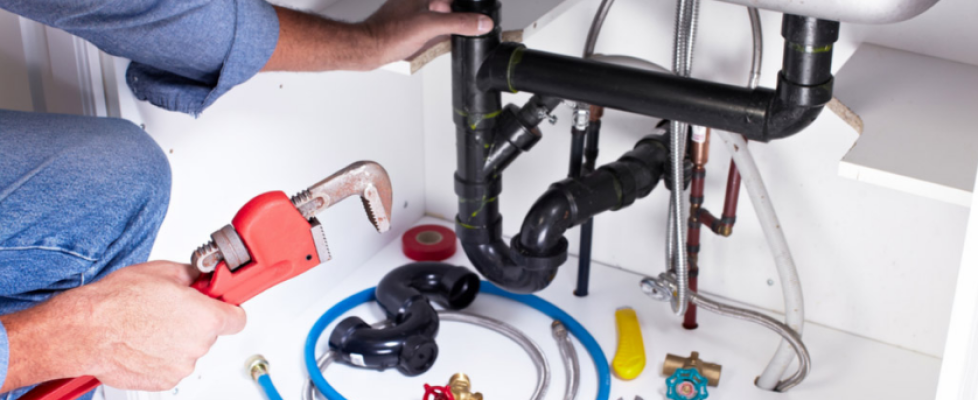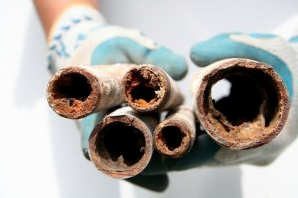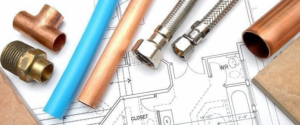The Homeowner’s Buyers Guide to Repiping
As a homeowner, you need to be aware that with time, your plumbing system can either fail or develop some problems. When this happens, you can opt to have repairs or replacement of the parts that have issues. Having a complete repiping done is more appropriate as it will save you money and time in the long run.
Repiping is especially essential for homes with lead pipes and homes that do not have lead pipes, instead, they have old worn out pipes, they will benefit from a repipe job. The pipes at your home move cold and hot water that is between the water heater to the entire house. Pumping in clean water and removing waste from the house to the septic or sewer system. Therefore, with time your pipes wear down, bursts, leaks or develops blockages.
In the event that you have a damaged pipe, you can opt to replace or repair it. However keep in mind, old pipes can develop problems in areas where you cannot see. This makes it vital to have a repipe in order to avoid serious breakdowns, which can be costly.
When to Repipe a Home
Do you have old metal for instance polybutylene or galvanized iron piping? If so, it’s best that you consider having a repipe done. This is because the pipes are prone to leaks, which can lead to water contamination. You can also go for repiping so that you can upgrade your pipes that are more than 5 years old. You can opt for a partial repiping in case you’re remodeling or aren’t able to perform a full repipe.
When you repipe your home, you are in a position of solving the following problems
- Temperature fluctuations in baths and sinks when you’re flushing the toilet
- Low water pressure
- Presence of rusty or yellow water
- Slab Leaks
When it comes to repiping, it’s quite costly making it an unwise investment if your pipes are in good condition. Repiping requires inspection of your existing plumbing system, tools, and material, which makes it expensive.
Copper Repiping
Copper repiping is among the most common types of metal piping. The copper has a lot of advantages which makes it a competitor against PEX and PVC. They can be utilized for outdoor and indoor plumbing. Although they are of copper, these piping systems are highly resistant to erosion.
Apart from erosion copper piping has other advantages which include;
- It has a long lifespan
- Its capable of lasting a century before replacing it
- It’s resistant to the effects of weather and is able to survive a house fire.
- Copper is also recyclable and has a 50-year manufacturer’s warranty.
Even with its advantages, copper also has disadvantages such as; it’s difficult to install which makes it more expensive to install than other systems. Another disadvantage is, it’s prone to theft due to the high value of recycled copper. Therefore thieves are known to remove copper from businesses and in homes.
PEX Repiping
This is a highly colorful, flexible and cross-linked polyethylene, it’s also known as XLPE or PEX. The variations from PEX tubing meet the CSA Group, American Society for Testing Materials (ATSM) and NSF International standards. PEX is made by melting a high density polyethylene then extruded into a tube shape, which causes a cross-linking chemical reaction thus increasing resilience, resistance to low temperatures and increase in strength.
The following constitutes the benefits of using PEX piping system.
- It can be coiled during shipping due to its high flexibility
- Large quantities can be shipped as you can coil them up during shipping
- Each coil provides a long pipe capable of being bent up to 900c or more without using an elbow joint. Therefore, you can save on money and time and reducing the risks of joint leaks
- PEX is also immune to scales, corrosion and its resistant to freezing
- The pipe doesn’t transfer heat nor requires welding and it can be connected in different ways
PEX piping can be connected through compression, expansion, push-fit, Stainless Steel Clamps (SSCs) and copper crimp rings.
PVC Repiping
The Polyvinyl Chloride is a more popular and modern plumbing piping. It’s an alternative to metal piping and more durable than the polybutylene. PVC repiping has the following benefits
- The pipes do not require welding
- The pipes are resistant to corrosion
- It’s more flexible when you have a large number of fittings
- The pipes are lightweight and easy to work with
- PVC repiping is also quite a cheaper option.
It’s always recommended to go for a certified plumbing expert in order to get to know, which material fits or is suitable for your project.



